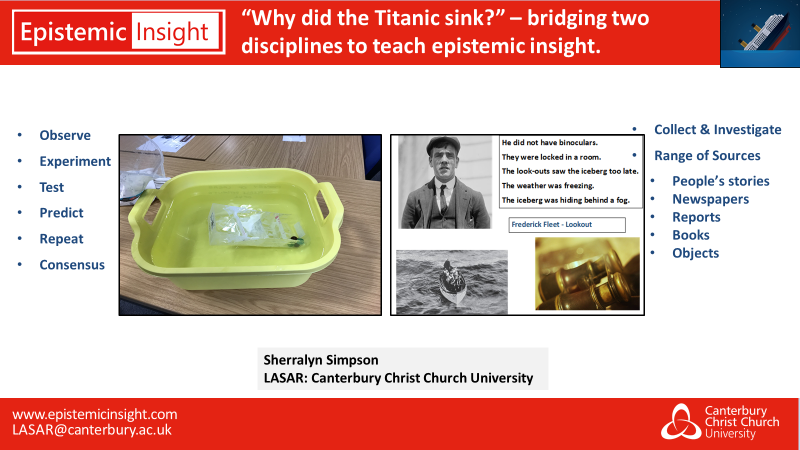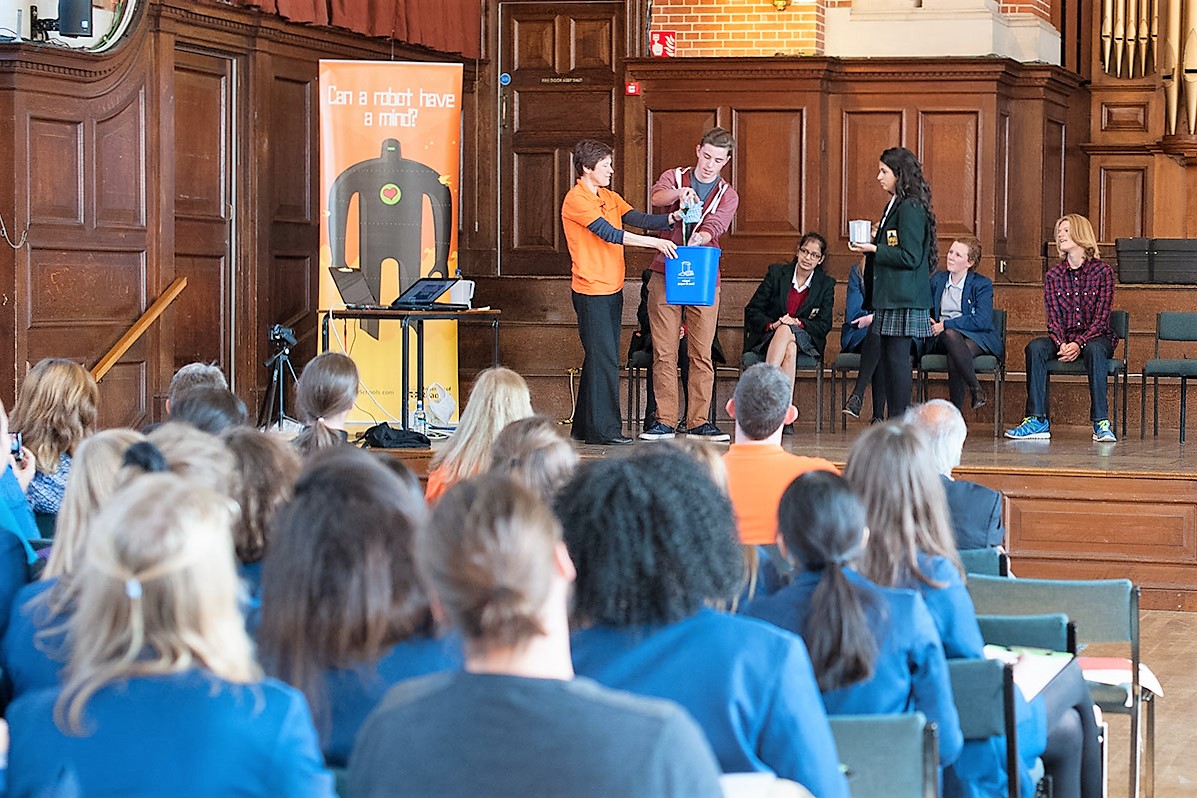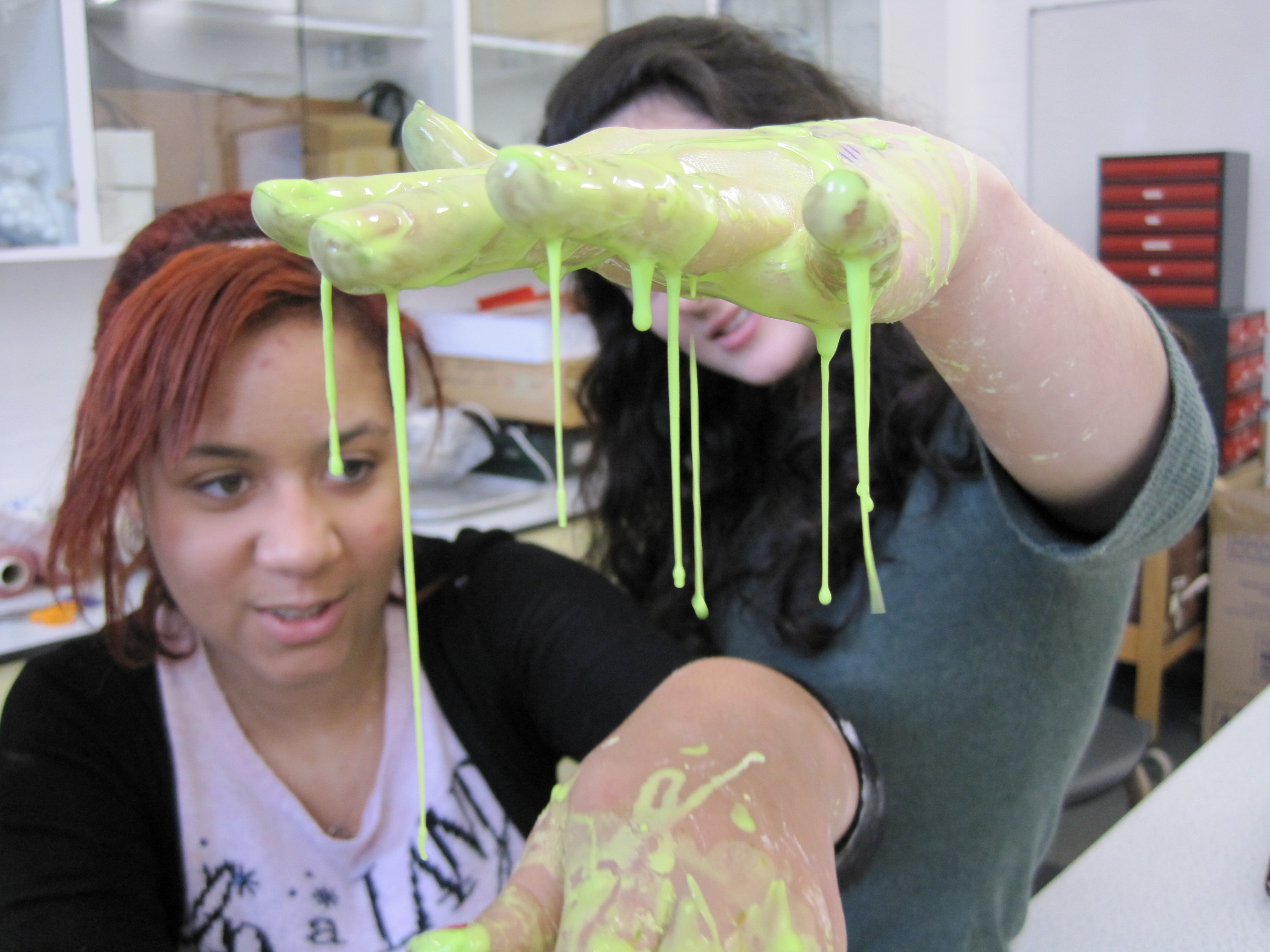
Epistemic insight means ‘knowledge about knowledge’ – and, particularly, knowledge about disciplines and how they interact.
The Epistemic Insight Initiative is developing ways to teach epistemic insight in schools, colleges and teacher education. The launch was filmed by BBC Breakfast
News, Comments and Events

Epistemic Insight – Discussion with recently qualified History NQTs about their opinions of the ‘plague’ and ‘warfare’ metaphors for Covid-19
Written by Faye Wills As we move closer to September, the issues surrounding the return to school in the midst and aftermath of Covid are critical. Aside from the obvious uncertainty around the spread of the disease amongst students and staff, and the inherent mental...

LASAR Conference 2020 – Science, Religion and Big questions – A LASAR Research Coordinator/Research Fellow perspective.
Written by Sherry Simpson What a fantastic event this was! Held online for the first time this year, the virtual platform really lent itself to a gathering of scholars and colleagues from around the globe. With over 106 different attendees across the two days. The...

Seeking Epistemic Insight: Student Teachers as Associate Researchers.
Written by dr Paula Stone. Further to the blog item on 30th June 2020, Dr Paula Stone (Senior Lecturer Primary Education. Canterbury Christ Church University) shares with us her experience of working with student teachers as associate researchers on the...
About Our Research
Wising up to how knowledge works
The LASAR (Learning about Science and Religion) research group conducted research to discover how students reason about Big Questions and how Big Questions are managed in schools. The research concluded that schools need to do more to help young people to understand how scholarship and knowledge work not only within their subjects but also across them.
Opportunities for Big Questions
The research discovered that secondary schools typically provide few opportunities for asking Big Questions and for exploring and talking about the distinctive approaches that different diciplines take.
Further, there is a basis to say that the impacts of entrenched compartmentalisation on students’ reasoning are largely hidden – because assessment tends to focus only on students’ progress within each subject.
Meanwhile in primary schools although cross-curricular work is more common, the focus for students is often about learning content knowledge rather than about the structure of the disciplines themselves.
Co-creating research
Canterbury Christ Church University’s research strategy includes creating a university student population who are active researchers in the fields where they aspire to work. It’s an ambition that fits very well with our own vision to develop co-created research projects that are conducted with and by our university tutors, researchers and students.

A Programme of Epistemic Insight

A programme of Epistemic Insight introduces students to scholarly ways of working such as learning about different tools for inquiry.
Teacher Education

Developing Epistemic Insight is centralised in the Teacher Education that takes place in institutions that share strategies, resources and pedagogies.
Epistemic Insight is progressive

Epistemic insight is progressive – it builds up as students move up through school, through college, through university and beyond.
The Epistemic Insight Initiative is a ‘work in progress’ and an active research area that is underway in schools and universities – in England and internationally.
